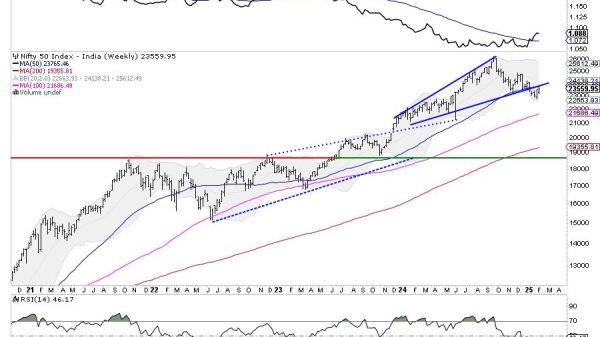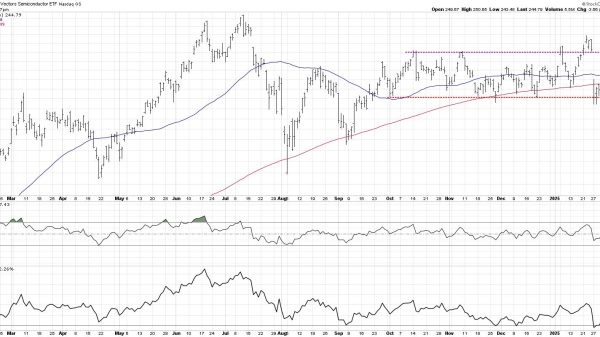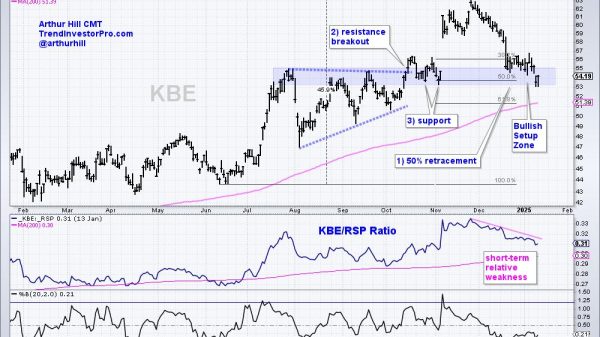
Young women aged 16 to 24 in full-time work are now earning an average of £2,200 more per year than men in the same age bracket—a stark reversal from only two years ago, when men were better paid.
According to new research by the Centre for Social Justice (CSJ), the shift reflects an unfolding “crisis” for boys and young men, who are increasingly trailing behind in education, career opportunities and earnings.
The figures show that young women’s average salary, at £26,500 per year, is now almost 9% higher than men’s at £24,300. This upswing, which occurred in 2021-22 after nearly a decade favouring men, underscores a broader decline in the prospects for young men—particularly those struggling to transition from education to employment.
A 40% surge in the number of men aged 16 to 24 who are “Neet” (not in education, employment or training) since the onset of the pandemic contrasts sharply with a rise of just 7% among women. Miriam Cates, senior fellow at the CSJ, believes the problem stems in part from traditional male-focused industries shrinking or evolving. Manufacturing roles for men have plunged by more than 40% in the last few decades, removing a key source of stable, reasonably paid jobs for non-university graduates.
Yet issues start much earlier: at age five, 74% of girls meet early-learning goals, versus 60% of boys. By A-level, girls outperform their male counterparts by more than a grade and a half, and men are twice as likely to be excluded from school. Andy Burnham, Labour Mayor of Greater Manchester, warns that young men are losing hope in their mid-teens and often “fall by the wayside” when they do not fit the traditional school-to-university pathway.
As Britain grapples with stagnant economic growth, policymakers and business leaders face an urgent need to address barriers to male engagement, skills development and career opportunities. Failing to reverse these trends risks not only labour market disruption, but also the longer-term societal challenges that come with disillusioned young men.
Read more:
UK’s gender pay gap reverses as young women out-earn men amid ‘crisis of masculinity’

























